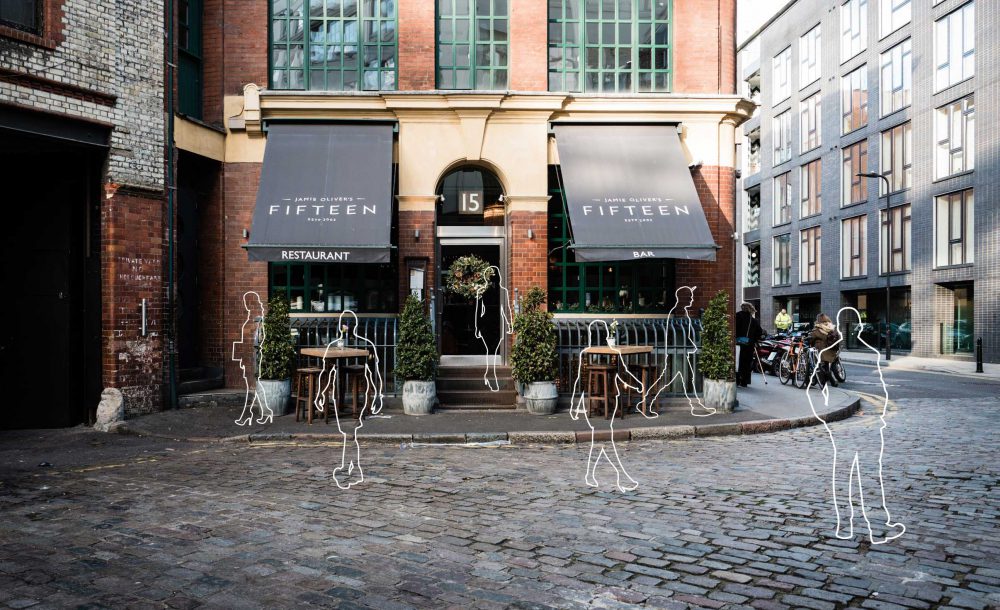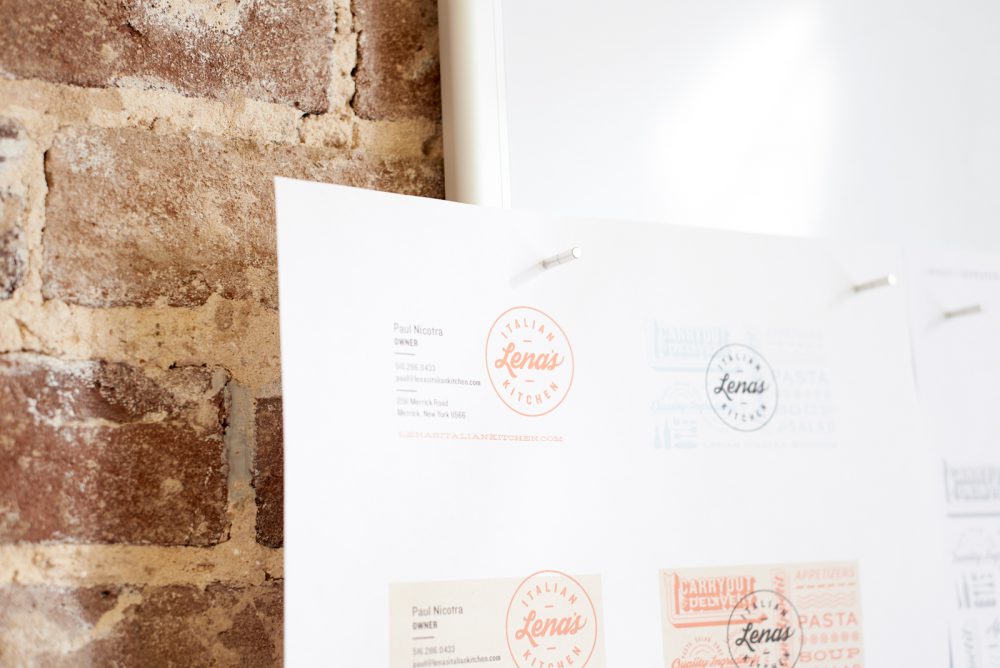Your Personal Brand is Important
September 10, 2018
Jeremy Wells
Why do you need a Personal Brand?
If someone asked you to quickly identify your unique contributions to your business, backed up with supporting evidence, would you be able to do that without batting an eye?
Most people can see the importance of branding in regards to their business. It’s obvious that creating a strong brand is vital to every business. A well-built brand strategy can give you a huge advantage over your competition. However, people often miss the mark when it comes to clearly identifying who they are, what their values are, what they stand for, and how they are uniquely skilled and equipped to help a business grow.
Personal branding may seem odd, uncomfortable, or even vain – but the practice of building a personal brand should not be overlooked by any entrepreneur, professional, or aspiring leader. If approached properly, the process of creating a personal brand can give you a calm confidence as you establish priorities in your life and career, and plan out the journey ahead.
Creating a personal brand can give you a calm confidence as you establish priorities in your life, and plan out the journey ahead.
The fact of the matter is, you’re going to have a personal brand – whether you’re in control of it or not. Your personal brand is shown in every blog post you write, every twitter post you share, and every email you send. If left unclear or undefined, people will make their own assumptions about who you are, why you do what you do, and what you represent.
However, if you can take control of your own personal brand you’re the one writing the story. You decide the narrative. You are the one with the pencil and paper – sharing only what you want your audience to see. Wouldn’t you rather be the one in the driver’s seat?
If that fact alone isn’t enough to convince you, here are some other benefits to expect when building a personal brand:
- Establish your value outside of your current career or job title
- Pinpoint how to present the best you
- Appreciate your strengths and weaknesses
- Create a following of others who share common values
- Gain confidence
- Show your value through your efforts
- Clearly define your niche
- Lay a foundation of credibility
- Position yourself outside of the norm
- Impart your values with clear messaging
How do you create a personal brand?
So you want to start creating a personal brand; where do you begin? Well for starters, you’ll need to set aside enough time in a distraction-free environment. Be committed, and ready to focus on diving deep into your own understanding of yourself. Turn off your phone. Put away the computer. All you need is a pencil and paper.
It’s worth noting that as you begin constructing your personal brand, you need to be sure that you’re being honest with yourself. You are the one that has to live up to your personal brand. If you aren’t honest with yourself, it’ll lead you to live a life that isn’t authentic, which will result in sending mixed signals to others. This forces you to live a phony life and does great harm to your brand.
You are the one that has to live up to your personal brand.
1. Writing Your Vision Statement
Ask these questions separately for work and personal:
- “At my core, what do I value most?”
- “What interests me the most and what am I most passionate about?”
- “Where does my motivation come from?”
- “What makes me the happiest?”
After you’ve written these answers down, next write out a personal vision statement. It should be concise, strong, and true. This will statement will only be seen by you and may change over time, so don’t spend too much time waxing eloquent.
Here is an example of a personal vision statement:
Personal:
“My personal vision… is that my life is one of intentional purpose – for myself and others. It’s important that I live a life of kindness, love, compassion, and concern for others. By listening to others, and serving others, I want to gain new insights, learn new things, and gain an understanding of different perspectives.”
Career:
“My vision for my career… is one of constant improvement and continual learning. I want others to feel confident around me and yet challenged to do better when they are with me. I want to work with people who share similar ambitions, and values. Most importantly, I want every person I interact with to feel like I’ve helped them in some way. I never want to be a dead end for anyone. I want to be thought of as thoughtful and wise.”
2. Planning How to Reach Your Goals
Now that we’ve defined who you are and what you value at your core, it’s time to define some goals and outline how you’re going to achieve those goals. These next steps will guide you through creating the goals, and then deciding what you need to do in order to reach those goals, what you should be focusing your energy and effort on, and who you should be surrounding yourself with.
To discover your goals, ask yourself these questions:
- “What do I need to achieve in my life/career?”
- “What do I want to achieve in my life/career?”
- “Being successful in the short-term, what does that look like to me?”
- “Being successful in the long-term, what does that look like to me?”
As you write these down, you may find that many of these goals may not be connected to wealth or status, but rather happiness and fulfillment. That’s a good sign. It means that you’re being authentic, and honest.
Now that you’ve listed out your goals, you need to determine how you will achieve them. So next ask:
- “What are my best strengths?”
- “What are my worst weaknesses?”
- “Why am I unique?”
- “What are certain characteristics or competencies that make me stand out?”
- “Who are the people that energize me, bring me joy, and challenge me to do better?”
- “Who are the people that drain me, stress me out, and bring only strife?”
After you’ve taken inventory of your skills, expectations, and abilities, now you can prioritize the various pieces and types of people that will help you reach your goals – and also understand who and/or what you should avoid that may hold you back from reaching these goals.
You may find it hard to answer honestly or feel strange about some of your answers. If so, you may think about asking a close family member, or friend to help you answer some of them in an honest way. Ask them to be brutally honest. If they are sugar-coating the answers, it will just further complicate the process, and lead you down the wrong path.
The Evolution of a Personal Brand
Creating your personal brand takes time, effort, and constant evolution. Your personal brand must evolve with you – through life changes, career changes, or changes in your ambitions.
Personal branding isn’t a one-time event. You don’t simply wake up one morning with a personal brand that is well-established and respected. Instead, it’s an ongoing task that takes commitment, tons of effort, and requires consistency. But, it’s the best way to tell your story and cultivate the reputation you want.
At the end of the day, curating your personal brand is a continuous journey of defining your mission and vision, and ensuring that your sights are aimed in the direction you want to go.
So start the journey.
Jeremy Wells
Partner at Longitude°
Jeremy is the author of Future Hospitality and Brand Strategist at Longitude°. As a member of the Education Committee for The Boutique & Lifestyle Leaders Association (BLLA) and a content contributor to Cornell University’s Hospitality Vision and Concept Design graduate program, he is a committed thought leader in hotel branding, concepting, and experience strategy.





